A mystery waiting to be unraveled sometimes arises when an injured worker reports a disability check as missing, and the check in question is identified as having been cashed or otherwise negotiated. The stakes are raised when a large settlement check turns up missing but cashed. We dedicate today’s blog to this scenario, since it repeats itself with alarming frequency.
After verifying that the check was mailed to the proper address of record, the next step in the process is to obtain a copy of the cashed check from the payor’s bank, as well as any additional information that the bank might be able to provide. The applicant should then be asked to review the endorsed signature on the check. Frequently, a family member, especially a spouse, will cash checks on behalf on an injured worker, and not always with the claimant’s knowledge.
Or course, not all checks are cashed at banks, where signature verification practices are generally stricter. Sometimes, checks are cashed at a retail/liquor stores and check-cashing outlets. We offer the following suggestions:
- Retail or Check-Cashing Stores: If a large check or a substantial number of smaller checks were cashed at a retail store or check-cashing outlet, then advise all parties, including the applicant and their attorney (if represented), along with the insurance company’s claims representative and SIU fraud investigator that everyone will need to meet together with local law enforcement and the store manager to review the store video, fill out a police report, and sign all necessary banking fraud forms. Once an injured worker is advised of this pending procedure it is amazing how often the issue is dropped, raising the question of why an innocent victim would quickly walk away from their claim for thousands of dollars of fraudulently cashed disability checks if they truly did not receive the money.
- Banks: If the lost check was cashed at a bank, then once again all parties mentioned above, including a police detective, are to meet at the bank in question. The injured worker should be advised in advance that everyone will be able to review the bank’s surveillance video, and that afterwards a police report will be filed. The worker should also be advised that their fingerprints will need to be compared with the prints left on the cashed check. Keep in mind that the worker is unaware whether fingerprints (let alone readable ones) even exist on the cashed check. Likewise, they have no idea whether surveillance video exists, but they probably believe it does. As long as a dishonest worker believes fingerprints or videos exist, they usually end up dropping the issue.
While the above tactics might seem harsh, the fraudster has brought them on to themselves. All we want to do is get at the truth, and prevent a dishonest claimant from fraudulently double-dipping!

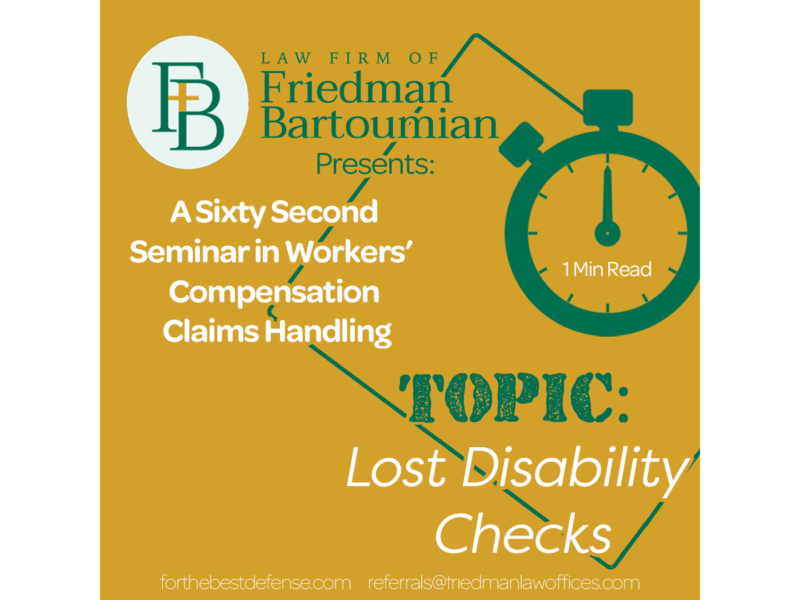
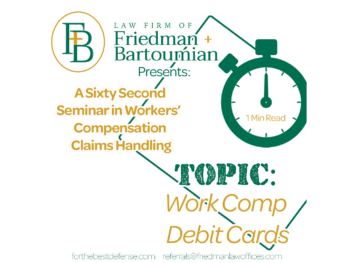
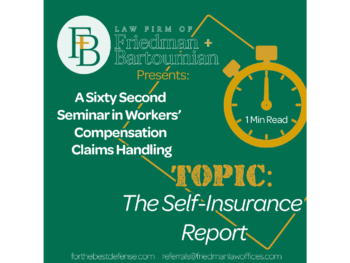
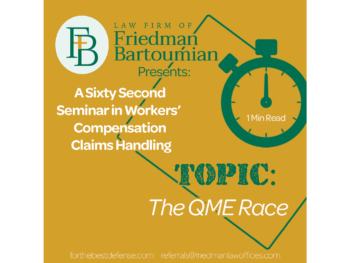
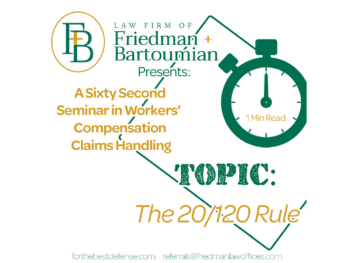
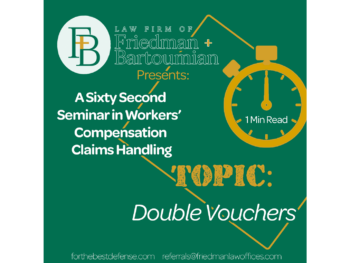
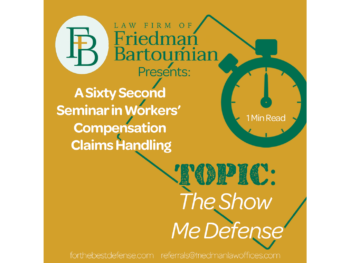
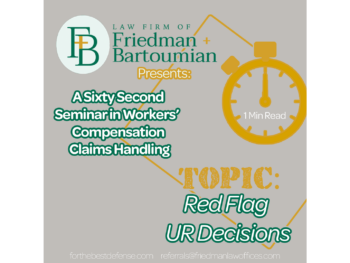
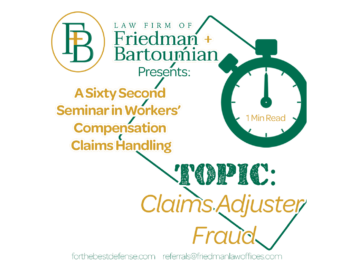
 Suing Yourself: A Sixty-Second Seminar in Workers’ Compensation Claims Handling
Suing Yourself: A Sixty-Second Seminar in Workers’ Compensation Claims Handling
Leave a Reply